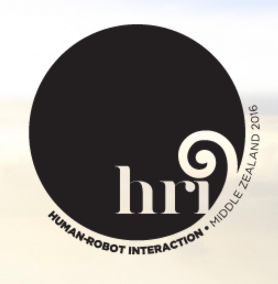
December 2, 2015
PhD candidate and lab member Aditi Ramachandran’s paper “Shaping Productive Help-Seeking Behavior During Robot-Child Tutoring Interactions” was accepted to the 2016 ACM/IEEE International Conference on Human-Robot Interaction (HRI 2016).
Paper Abstract:
In intelligent tutoring systems, one fundamental problem that limits learning gains is the unproductive use of on-demand help features, namely overuse or aversion, resulting in students misusing the system rather than engaging in active learning. Social robots as tutoring agents have the potential to mitigate those behaviors by actively shaping productive help-seeking behaviors. We hypothesize that effectual help-seeking behavior is a critical contributor to learning gains in a robot-child tutoring interaction. We conduct a between-subjects study where children interacted with a social robot solving fractions problems over multiple sessions (29 children; 4 sessions per child) in one of two groups. Results showed that participants in our experimental group, who received adaptive shaping strategies from the robot targeting suboptimal help requests, reduced their suboptimal behaviors over time significantly more than a control group, as well as improved their scores from pretest to posttest significantly more than a control group.